In the highly regulated healthcare industry, a pharmacy’s success is inextricably linked to its ability to maintain strict regulatory compliance and patient safety standards.
The ever-changing landscape of state and federal laws, coupled with the complexity of pharmaceutical protocols, can make it challenging for pharmacies to keep up. This is where the specialized expertise of pharmacy consultants becomes invaluable.
They act as a critical partner, providing the knowledge, tools, and oversight needed to navigate these challenges effectively. This article explores how these consultants ensure that your business operates safely, ethically, and in full compliance with all applicable regulations.
Conducting Comprehensive Compliance Audits
One of the most essential services a consultant provides is a thorough compliance audit. These experts meticulously review every aspect of your pharmacy’s operations, from dispensing procedures and record-keeping to controlled substance management and privacy protocols.
They identify any areas of non-compliance, potential risks, and outdated practices. This proactive approach allows you to address issues before they lead to fines, legal action, or a loss of accreditation.
Developing Robust Policies and Procedures
Regulatory compliance requires a clear and well-documented framework. To create comprehensive policies and procedures that align with all current laws and best practices, rely on pharmacy consultants who are highly skilled in the field.
This includes creating protocols for everything from handling hazardous materials and managing patient data (HIPAA) to preventing drug diversion.
By providing a clear and accessible set of guidelines, they ensure that every member of your team understands their role in maintaining a safe and compliant environment.
Providing Expert Staff Training
Even the best policies are ineffective without proper training. Consultants offer specialized training programs that educate your staff on the latest regulations, safety protocols, and ethical standards.
This training can cover a range of topics, including proper documentation for controlled substances, sterile compounding techniques, and patient privacy best practices.
By investing in staff education, you empower your team to make informed decisions and contribute to a culture of safety and compliance.
Navigating Complex Regulatory Changes
The regulatory environment is constantly in flux. New laws, revised guidelines, and updated reporting requirements can emerge with little warning, leaving busy pharmacy teams scrambling to adapt.
Pharmacy consultants stay abreast of all these changes, providing your business with timely updates and a strategic plan for implementation.
Their foresight and guidance ensure that your pharmacy remains compliant without the stress and disruption of reacting to last-minute changes.
Enhancing Patient Safety Protocols
Safety extends beyond just regulatory compliance. A consultant focuses on optimizing processes to reduce the risk of medication errors. This might involve implementing technology to flag drug interactions, improving labeling practices, and designing a more efficient and less chaotic workflow.
Their recommendations are geared toward creating a system where multiple checks and balances are in place, minimizing the chance of an error that could harm a patient.
Acting as a Strategic Partner in Risk Management
Ultimately, the role of a consultant is to be a strategic partner in risk management. They don’t just solve problems; they help you build a resilient and ethical business model. By collaborating with a dedicated team of pharmacy consultants, you can establish a proactive stance on compliance and safety.
This partnership ensures that your pharmacy not only meets the minimum legal requirements but also upholds the highest standards of care, building a reputation for trustworthiness and excellence in your community.








